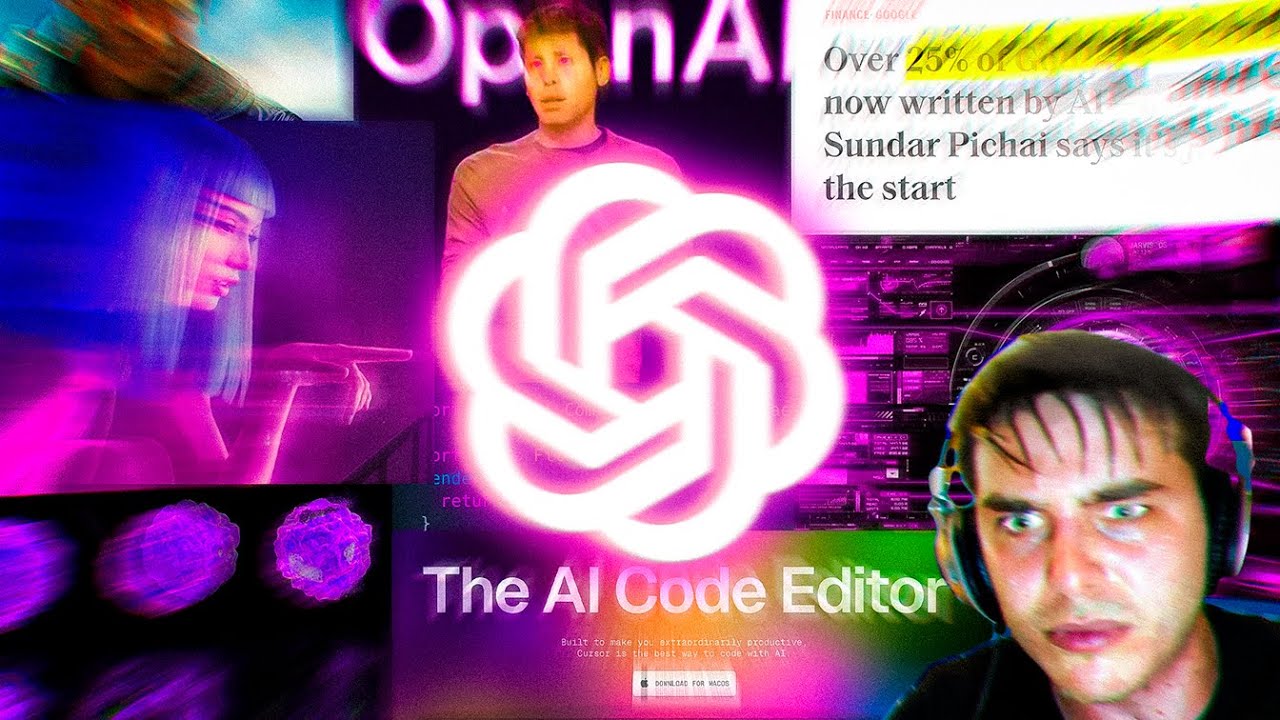The video highlights the negative effects of AI on software development, including increased micromanagement, the proliferation of poor-quality “metastatic” code, and the rise of zero trust technical interviews that challenge job seekers. To counter these issues, developers are encouraged to assert their value, maintain their coding skills, and embrace critical thinking while navigating the evolving landscape influenced by AI.
The video discusses the negative impact of AI on software development, highlighting three main issues: the rise of micromanagement, the creation of “metastatic” code bases, and the emergence of zero trust technical interviews. The speaker argues that AI has enabled companies to implement extensive micromanagement practices, where stakeholders, including CEOs and product managers, second-guess developers’ work. This has led to a toxic work environment where developers feel disrespected and undervalued, as their expertise is constantly questioned, and they are treated as mere cost centers rather than valuable assets.
The second point raised is the phenomenon of “metastatic code,” where the integration of AI-generated code leads to bloated and incoherent code bases. The speaker warns that while AI can generate code quickly, it often results in poor quality and redundancy, making it harder to maintain and debug. This “cancer-like” growth of code not only increases the number of bugs but also complicates the debugging process, ultimately diminishing the overall value of the code base. Developers are encouraged to take responsibility for their code and to be cautious about blindly following AI suggestions.
The video also addresses the shift towards zero trust technical interviews, where candidates are subjected to rigorous scrutiny due to the prevalence of AI-generated resumes and coding solutions. Companies are increasingly implementing live coding sessions to assess candidates’ true abilities, as they can no longer rely on submitted work. This has created a challenging environment for job seekers, who must now demonstrate their skills in real-time while navigating the complexities of AI’s influence on the hiring process.
To combat these challenges, the speaker suggests that developers should focus on understanding their own value and setting boundaries with management. They should embrace AI tools while maintaining their coding skills and ensuring that they are not overly reliant on AI-generated solutions. Additionally, developers are encouraged to build leverage by continuously upgrading their skills and seeking out companies that value their contributions rather than viewing them as expendable resources.
In conclusion, the video emphasizes the importance of critical thinking and self-reliance in the face of AI’s growing presence in software development. Developers are urged to hone their problem-solving skills, engage in live coding practice, and take ownership of their work to stand out in a competitive job market. By doing so, they can navigate the challenges posed by AI and continue to thrive in their careers.
